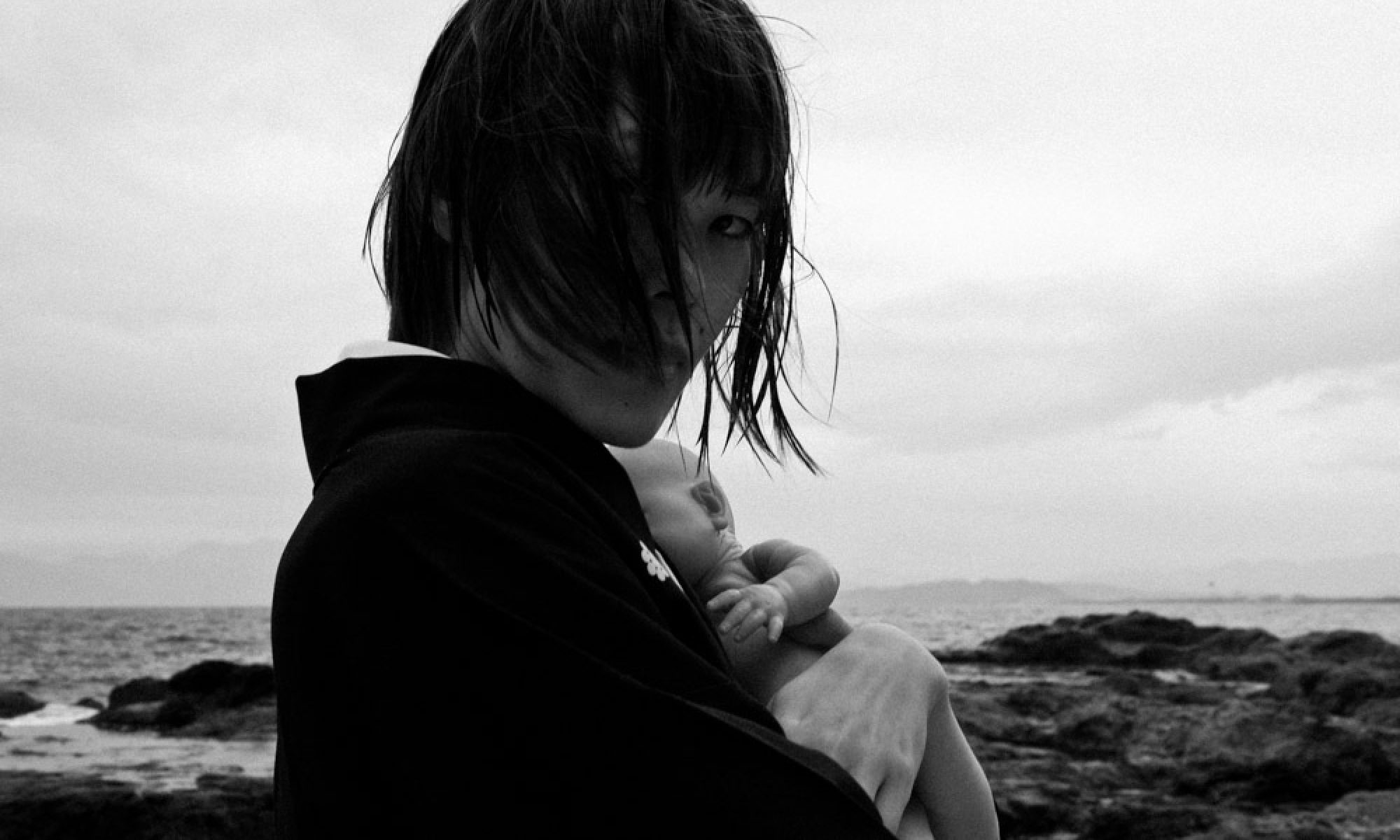I have been using Fujifilm Finepix X100 for three months now. I’d like to give a kind of update of how it’s been.
After I got X100 and the replacement unit since the the original copy of the camera got the infamous stuck aperture issue, I’ve been shooting photos with it in daily basis. X100 has became my primary camera, the camera that’s with me everyday, pretty much where-ever I go. And like Chase Jarvis says, “the best camera is the one you have with you”. In my case, it has been the X100.
After I updated the camera’s firmware into the latest version, I noticed speed increase in autofocus and also some of the fixes of the quirks in the UI. The menu is still what it is, and the control wheel on back is flimsy, but at least there is that dedicated ISO button that saves you the dive in the menus.
I just love the JPG’s straight out from the camera; the in-camera processing is just great. The sharpening is set just right, the output is very crisp but clean, and free of any artifacts. And if I shoot RAW, I can process the RAWs inside the camera.
I still haven’t got around in installing the included RAW processing software that came in the CD’s..
I love the film simulation of the camera. It’s more than a gimmick, it really makes sense, Velvia and Astia look just like their film counterparts, the effect is subtle enough not to make irreversible changes in the images, but still packs a punch.
Sure, I prefer to do the monochrome conversion in Aperture because then I can have full control over the RGB channels, so I actually never use the in-camera monochrome setting, although that might make sense for some.
The number one feature of this camera, what I’ve gotten used to, is of course the excellent optical viewfinder. I use EVF or LCD only when shooting macros.
Of course, it doesn’t compare to shooting with range finder, but the OVF is really best I’ve ever seen in compact size digital camera. The frame lines work perfectly and when you set up the automatic parallax correction including correction of AF point, you can pretty much forget that the (parallax) phenomena ever existed. And you can even see live histogram in OVF as an overlay if you choose so; OVF overlay is excellent and unique innovation from Fujifilm.
The manual controls are excellent in daily use, especially the aperture ring and shutter speed control dial. Set either of those to auto and you get shutter speed or aperture priority. Very, delightfully “analogue” process.
Strangely, I find that there’s really not so much need to use the menus under normal outdoor conditions when shooting.
In my extensive tests, I find the battery life of X100 to be very good. In my normal shooting conditions I always shoot with OVF and I’ve taken like 300 pictures and never exhausted a battery yet. I keep extra accessory battery in my pocket just in case.
One thing worth noting is that unlike in Canon SLR’s, the USB port is not standard mini-USB port, but something which seems unique to Fujifilm’s camera. So it’s better not to lose that cord.
I bought the EF-20 external flash unit for this camera and I find it a very nice little flash. It packs enough punch and allows tilting upwards 90 degrees, great for those indoor parties and events with white roofs. The larger version of the flash also allows swiveling, a pro feature.
Overall feeling after three months of daily shooting, I just love this camera. The image quality produced by the custom glass and sensor is just great. X100 is almost completely silent, professional quality camera in a very compact package.





